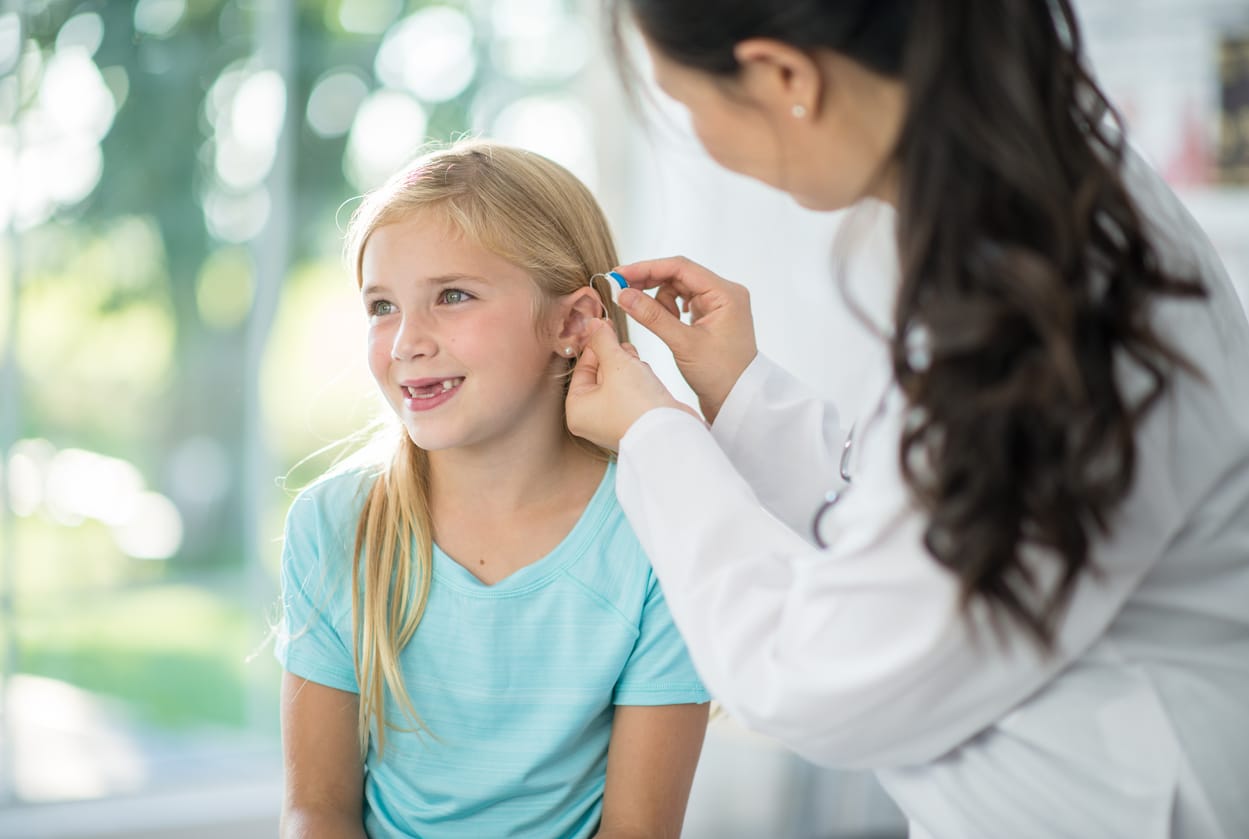Hearing is essential to a child’s development, impacting their speech, language and cognitive skills. When children encounter hearing issues such as auditory processing disorder (APD) or hearing loss, it can affect their learning and social interactions. As a parent, understanding how to manage these conditions is crucial for your child’s well-being and development. Let’s explore strategies and resources to help you navigate pediatric hearing issues effectively.
Understanding Auditory Processing Disorder (APD) and Hearing Loss

Auditory processing disorder (APD) is a condition where the brain has difficulty processing auditory information effectively. Children with APD may struggle to understand speech in noisy environments, follow directions or distinguish similar sounds. On the other hand, hearing loss can range from mild to profound and may be present at birth or develop later due to various factors such as infections, genetics or exposure to loud noise.
Early Identification and Intervention
Early identification of hearing issues is crucial for effective management. Pediatricians often conduct hearing screenings shortly after birth, but monitoring your child’s language and communication development is essential as they grow. A few signs of hearing loss and APD to look out for in your child include:
- Asking to turn the TV or radio up higher than usual
- Not responding when someone calls their name
- Withdrawing socially
- Asking others to repeat themselves
- Trouble with verbal communication
- Taking longer to respond in conversations
If you suspect hearing difficulties, make an appointment with Aaron's Hearing Aid & Audiology Center for a hearing assessment and treatment consultation.
Therapeutic Interventions
Therapeutic interventions play a crucial role in managing pediatric hearing issues. Depending on your child’s needs, interventions may include:
- Hearing aids. Hearing aids can amplify speech and suppress background noise to help your child navigate the world of hearing loss.
- Auditory training. Auditory training programs aim to improve listening skills and auditory discrimination through targeted exercises and activities.
- Speech and language therapy. Speech-language pathologists can help children develop communication skills, improve auditory processing and learn strategies to compensate for hearing difficulties.
Managing pediatric hearing issues like auditory processing disorder and hearing loss requires a comprehensive approach involving early identification, supportive environments, therapeutic interventions, hearing aids and access to resources and support networks. By advocating for your child’s needs and implementing strategies to support their communication and learning, they can get back to running around South Beach Park with their friends in no time.
Remember, you are not alone on this journey. Contact Aaron's Hearing Aid & Audiology Center today to make an appointment with one of our hearing specialists to help identify and guide you through your child’s hearing conditions.
